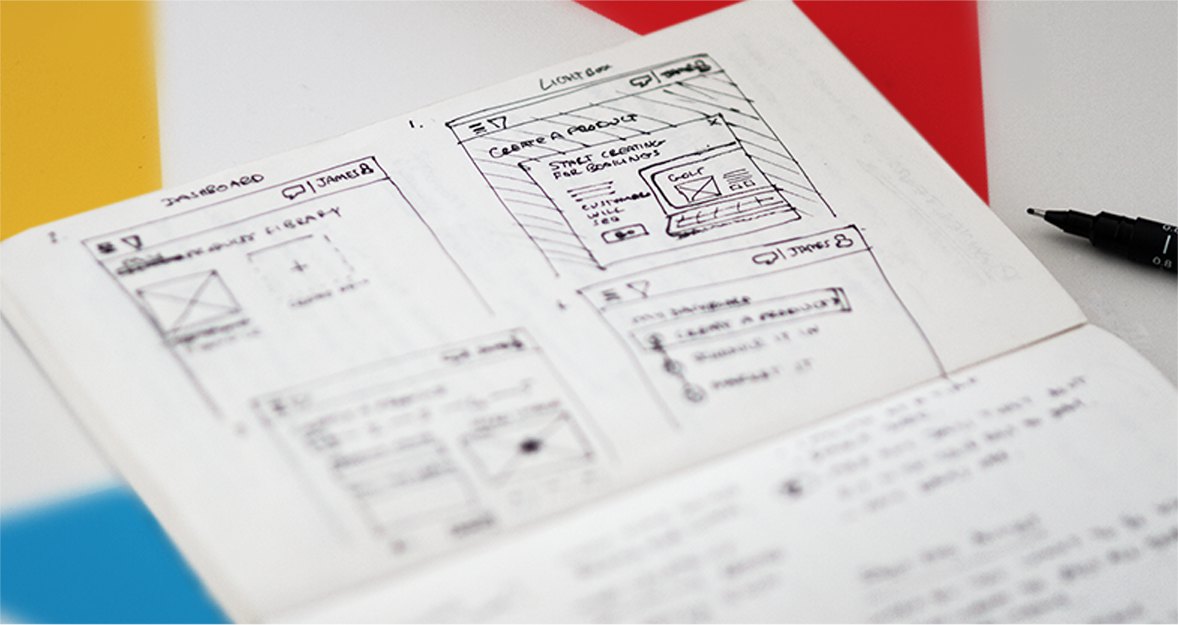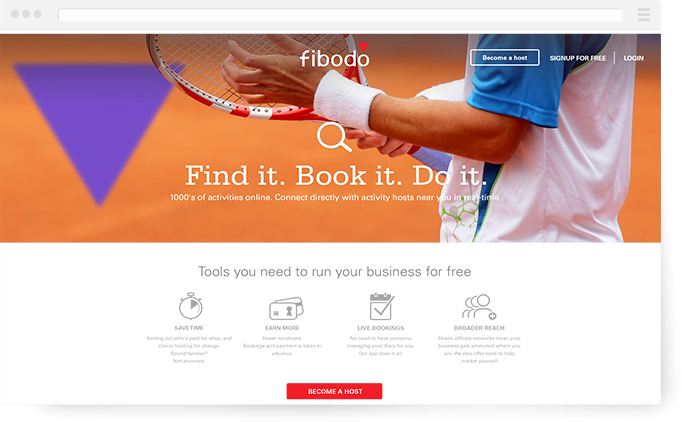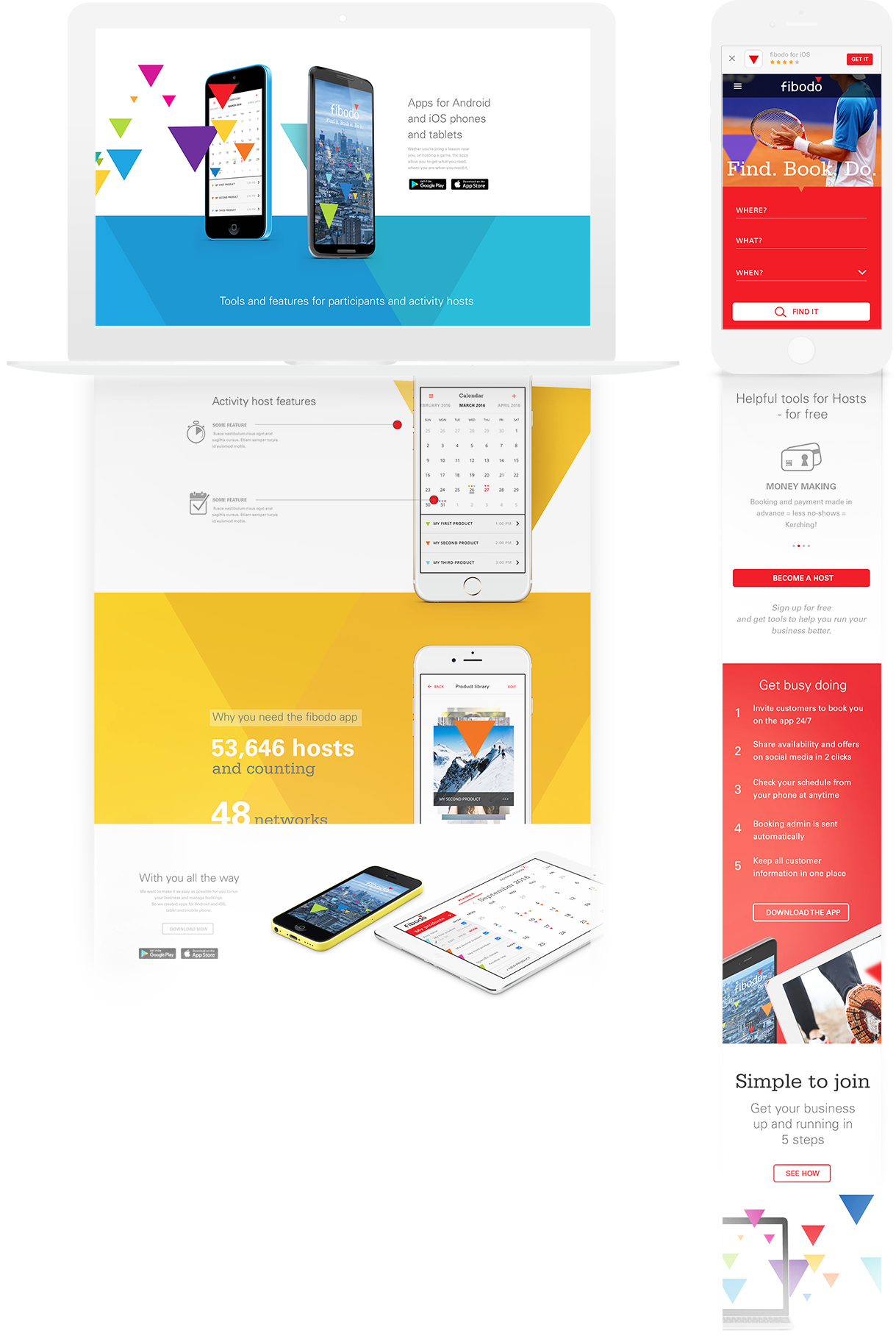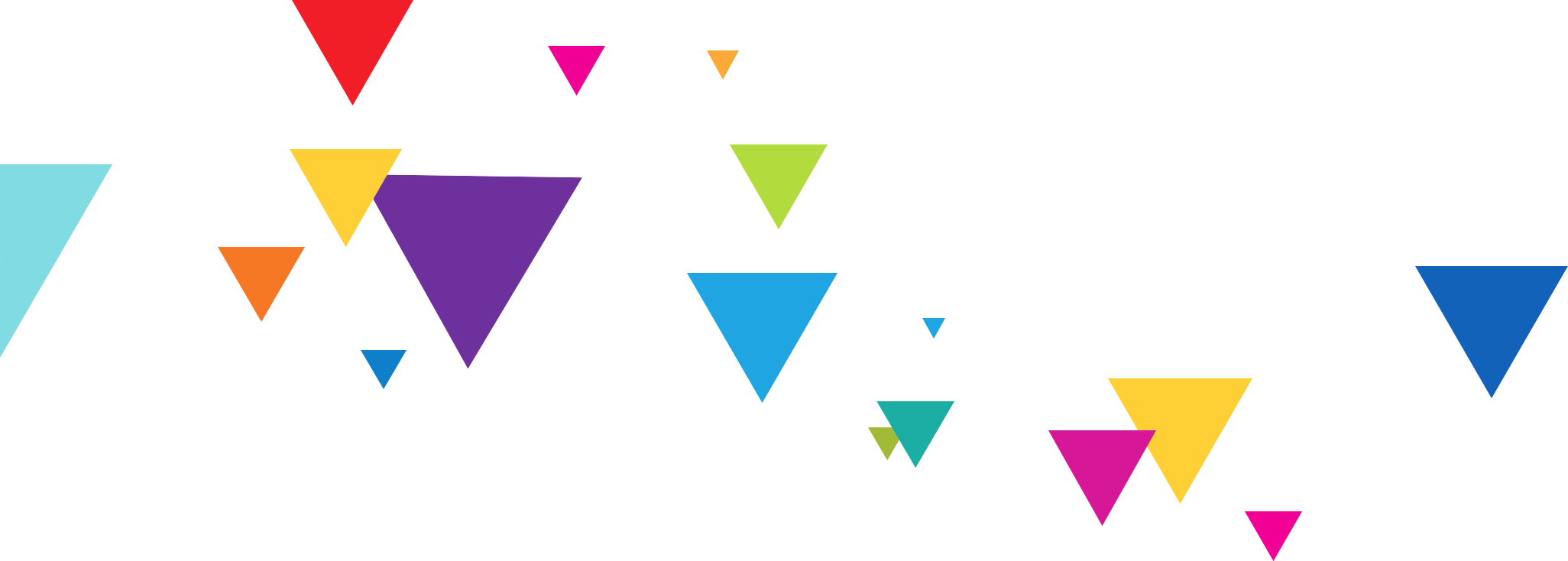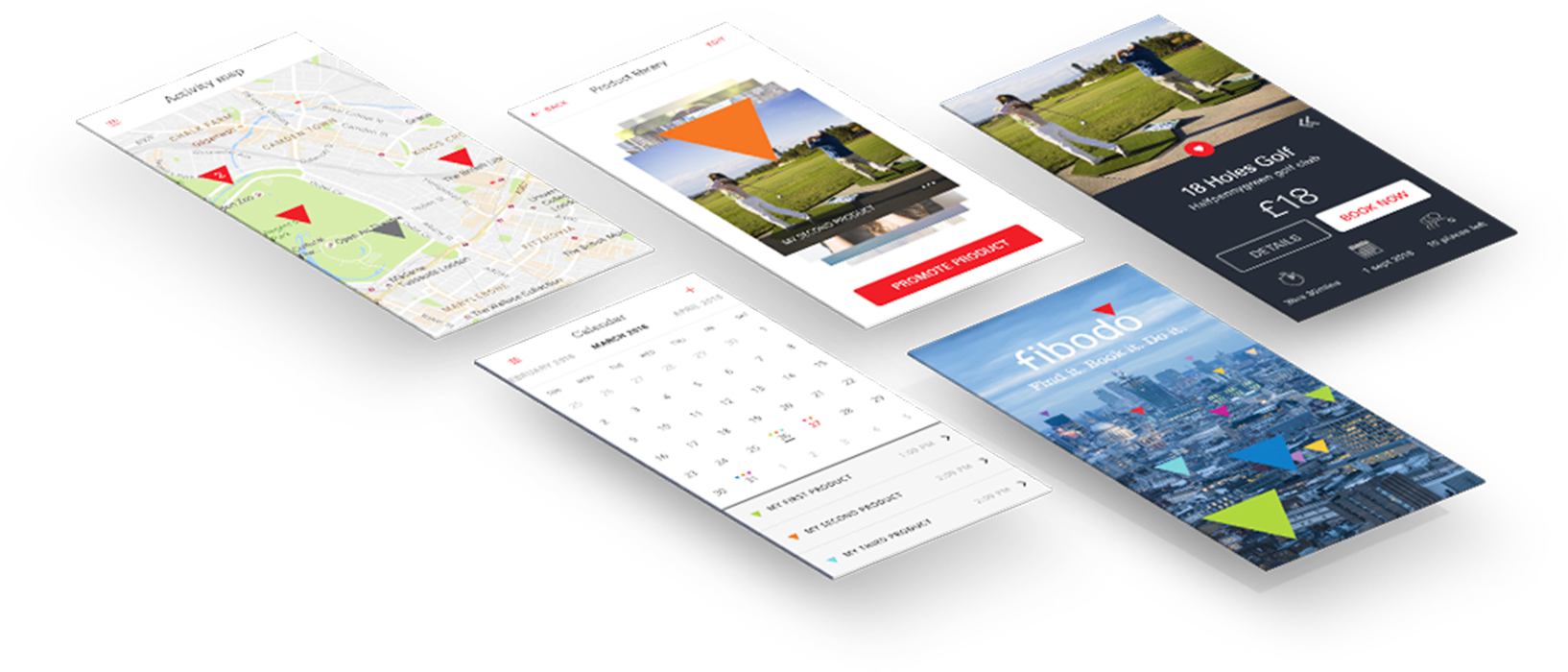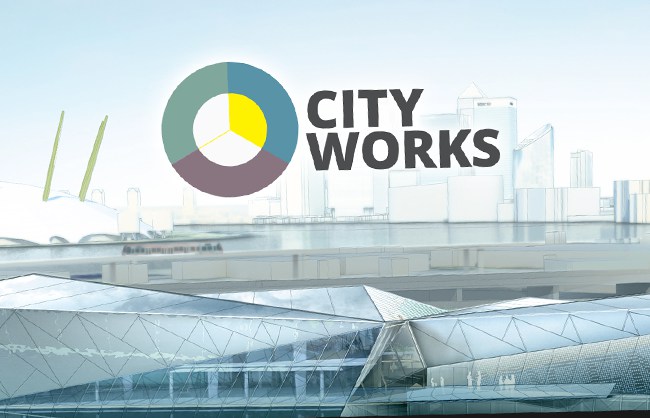BUSINESS TOOLS & ONBOARDING
Fibodo is an online activity booking platform. Together, we needed to set our sights on a Minimum Viable Lovable Product.
A User Centred Design approach was essential to improve their digital tools.
HALVING THE BOUNCE RATE
I worked with the Founder to understand priority business objectives, and set about creating tear sheets and analysing the market. Interactive prototypes for core user flows were tested until we felt we’d acheived the goals.
The result: An activity host could set up their business, and begin hosting activity sessions entered into their calendar from start to finish in under 15 minutes, the bounce rate halved.
Re-positioning the website
Although it was clear what the ultimate consumer goals were, the website's architecture had to align more closely with business goals. By defining these up-front, and adopting a behavioural design framework, we made some fairly drastic changes to the first-time visitor and signup flows.
